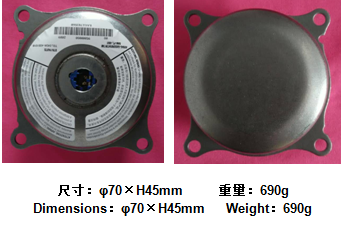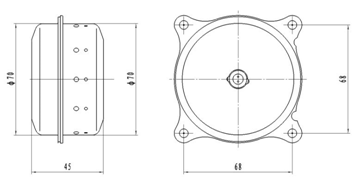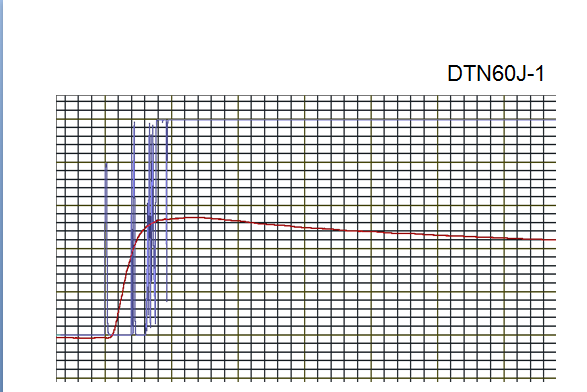DTN60J-1 inflator

Drawing:

Testing Result:

Specification:
one
blug
Resistance:2±0.2Ω
Pressure
: ( in the pressure tank with 60L)
Adjustable
under 160KPa
Characteristics:
Gas
toxicity: NoTemperature of gas
producer
at air outlet: < 280℃
All
fire current: 1.7A/2ms
No-fire
current: 0.2mA/10s
Environmental
test: According with GB
Aging
resistance: According with GB
Waterproof:
According with GB
Applicable
temperature range:-35~85℃
Service
life: 15 years
Contact: Steve
Email: steve@dtnairbag.com
Phone: 008615543107631
Contact: Popo
Email: Popo@dtnairbag.cоm
Phone: 008617767705869
Contact: Tina
Email: Tina@dtnairbag.com
Phone:
Contact: Вера
Email: Rella@dtnairbag.com
Phone:
facebook:
Add: No.5, Xinkai Road, Xinxing Town of Yitong County, Siping City of Jilin Province